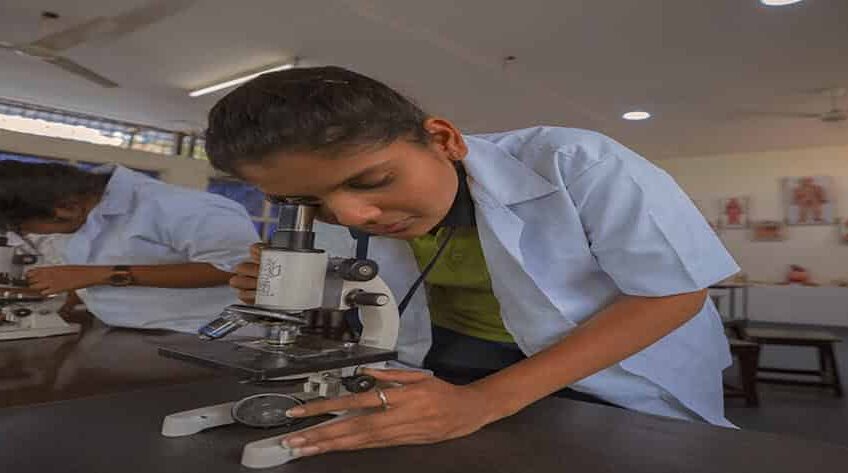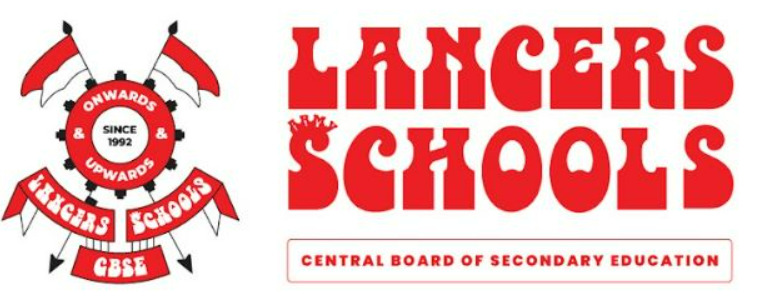
Innovation in education must be rather seen as one of the key factors for the development of new education paradigms, and as a result, educational institutions have to be so open to the emergence of the new trends. Theses institutions serve as the lighthouses of excellence in the education which, not only, teaches knowledge but also develops the thinking and the adaptability of the students. Introducing inventive techniques, like project-based learning or inverted classrooms together with tech-based teaching tools will allow us to provide students with these new learning opportunities, top CBSE schools can create dynamic learning environments that cater to diverse learning styles and equip students with essential 21st-century skills.
Unlocking the Potential with Modern Learning Methods
Tapping into the power yield modern learning methad in effect focuses on reinventing traditional educational methods. In this day and age of fast changes and a lot of information available, it is vital to adopt innovative learning techniques. Technology supports teachers in developing different learning experiences for students by employing equipment like virtual classrooms, augmented reality, and adaptive learning platforms that allow them to take into account diverse student options and interests. This individualised approach is a powerful tool that promotes better learning, enhances knowledge retention, and creates a learning environment in which students develop deeper learning and love to learn.
Furthermore, the contemporary methods of learning eliminate the time and space constraints and therefore, the learning is very smooth and knowledge is shared easily on a global scale. Students will not only enjoy peer-to-peer communication via online forums, but also harness the power of multimedia to interact with experts from diverse cultural upbringings, so their educational journey will be enriched with different insights and experiences. Through the deployment of the formers’ contemporary models of learning educators unleash students’ potential to become involved participants of their own learning process, which have as a goal to equip them with the competencies and understanding needed to functional in the digital age and beyond.
The Future of Modern Education
The future of modern education holds immense promise, particularly for CBSE schools in Gujarat, as they navigate the ever-changing landscape of educational innovation. In an ecosystem where the role of technology is paramount, the introduction of technology will largely determine the type of education that the classrooms of tomorrow will provide. Gujarat, CBSE schools can well utilize the powers of the new age technologies that are Artificial intelligence, data analytics and the machine learning so as to give personalize learning and to identify and focus on individual students’ strengths and weaknesses for academic growth.
Besides, the way in which modern education in CBSE schools in Gujarat will be developed in the future depends on the balance of different aspects of education and not only on academic excellence. A multidisciplinary approach to our curriculum with different art forms, sports, and other club activities, in addition to the strong academic performance will be one of our main priorities. Growing creativity, critical thinking and interpersonal skills among students is the aim of CBSE schools in Gujarat that will help to equip the students towards the world which is now having multiple interconnecting and complex layers, giving those learners a better prospect as well as encouragement to become future leaders and innovators.
Strategies for Modern Teaching
In the context of CBSE English medium schools, modern teaching strategies must align with the evolving needs of students in a digital age. The use of the blended learning method, a combination of the conventional instructional method with online resources and interactive digital tools, is one of the best strategies. Educators can draw upon and utilize educational platforms and multimedia resources to a create-an-interactive-learning-experience diverse learning styles and student engagement. As well, utilizing project based learning approach goes beyond theory and puts the learned information into action when solving real world tasks. Such way of teaching ensures the students’ deeper understanding and the ability to remember and use the knowledge in the future.
Moreover, deliverying student-centered learning environments is a goal highly important by CBSE English medium schools. Stimulating collaborative learning, peer-involvement and inquiry-based exploration enable the students to become the owners of their learning journey. Creating an environment of curiosity and experimenting, teachers will be able to develop students’ critical thinking skills and creativity, while this will enable those particular students to make their way successfully in the dynamic world of today with confidence and readiness to any issues coming their way. Which is very short words, the modern teaching methods in these CBSE English medium schools now intend to invest the students actively and in a personalized way to create total individuals with the well-being of their future in the 21st century.
Frequently Asked Questions
Q1. What are some of the latest innovations in the field of education ?
A. The latest technological advancements in education encompass adaptive learning technologies, virtual reality simulations, gamified learning platforms, AI-driven tutoring systems, and competency-based education models that make learning more personalized and engaging.
Q2. What are the benefits of incorporating innovative teaching methods ?
A. Utilizing emerging technology-based instructional strategies stimulates involvement, entails new ways of doing things, and helps to reach students better. It develops the students’ critical thinking, creativity, and adaptability; these capacities are essential in navigating new challenges in an ever more complicated world.
Q3. What challenges do schools and educators face when trying to implement innovative practices?
A. The challenges are, but not limited to, the resistance to change, the lack of resources or training, the administrative constraints, and the need to balance the standardised curriculum requirements with the flexibility needed for innovative practices.

